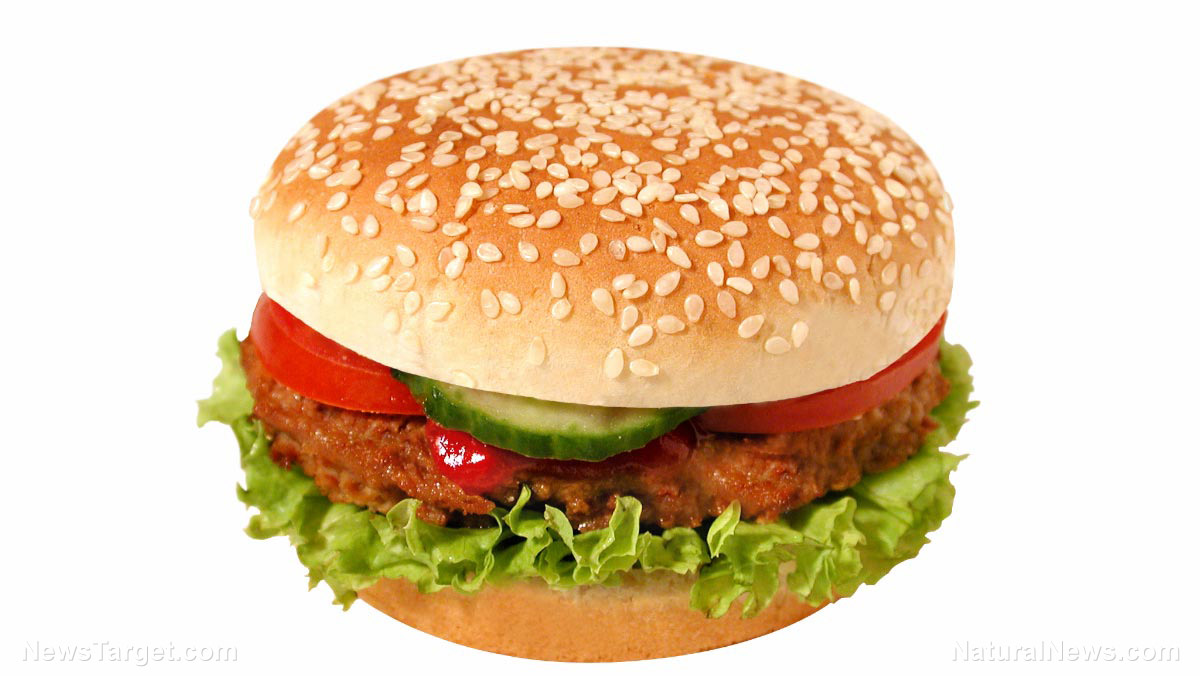
Advertisement
The gut microbiome within the intestines plays a significant role in determining the risk level of many illnesses. A German study reported that tiny particles of food could bind themselves to the intestinal microbes, thereby altering the normal life cycle of the bacteria as well as their interactions with their human hosts.
Specifically, researchers from Johannes Gutenberg University of Mainz (JGU) noticed that the food nanoparticles could bind themselves to Helicobacter pylori, a species of harmful bacteria linked to gastric cancer. When a nanoparticle attached itself to H. pylori, it inhibited the infectious properties of the bacteria.
The researchers published their findings in the journal Science of Food. Further research could lead to the development of probiotic nanoparticles in food that would give more support for healthy gut functions.
The minute size of nanoparticles gives them unique capabilities and properties. Among other things, they can stick to microstructures on the surface of objects, such as the receptors of cells.
Nanoparticles are used in an increasing number of diagnostic and therapeutic techniques. Other non-medical roles include additives that change the characteristics of food. (Related: Is your gut health the key to balancing your blood sugar?)
The human microbiome plays a big part in its host’s health
The human microbiome is made up of all colonies of microorganisms inside the human body. It includes the microbes in the gut, mouth, nasal cavity, skin, and other parts of the body. The composition and diversity of this natural microbiome respond strongly to nutrition in the form of food, especially probiotic food.
“Hence, nutrition and its containing nanoparticulates may affect the microbiome-host balance, finally influencing human health,” explained researcher David J. McClements of the University of Massachusetts, who participated in the JGU study. “In order to reduce potential risks and, ideally, promote health, the impact of dietary nanoparticles needs to be understood.”
Microbiomes exert both beneficial and harmful effects on their human hosts. They affect the aging process for blood vessels, the production and release of hormones, immune system, metabolism, and memory and other brain functions.
Furthermore, their composition plays an essential part in the appearance of various disorders. If the population of a microbiome contains more harmful bacteria than good bacteria, the imbalance increases the likelihood of allergies, cancer, cardiovascular diseases, mental disorders, obesity, and other serious health problems.
The good and bad effects of nanoparticles on gut bacteria and human health
JGU researcher Roland Stauber noted the lack of studies on the possibility of nanoparticle additives affecting the microflora in the gut. He and his colleagues evaluated numerous nanoparticles that represented both existing and future nanoparticle food additives.
Each nanoparticle simulated a passage through various parts of the digestive tract. Researchers recorded their interactions with the colonies of bacteria in each area.
The results of these tests showed that all of the nanomaterials could bind to gut bacteria. Furthermore, the binding processes could produce both good and bad effects.
When bound to a nanoparticle, a harmless microorganism could be mistaken for a pathogen, thereby triggering an immune response. The resulting increase in unnecessary inflammation made it more likely for a disease to appear.
At the same time, nanoparticles could stop the spread of disease. When silica nanoparticles bound themselves to H. pylori, they reduced the infectiousness of the bacteria, thus reducing the risk of gastric cancer.
“It was puzzling that we were able to also isolate naturally occurring nanoparticles from food, like beer, which showed similar effects,” Stauber said. “Nanoparticles in our daily food are not just those added deliberately but can also be generated naturally during preparation.”
Find more news coverage of digestive health at Digestion.news.
Sources include:
Advertisements







